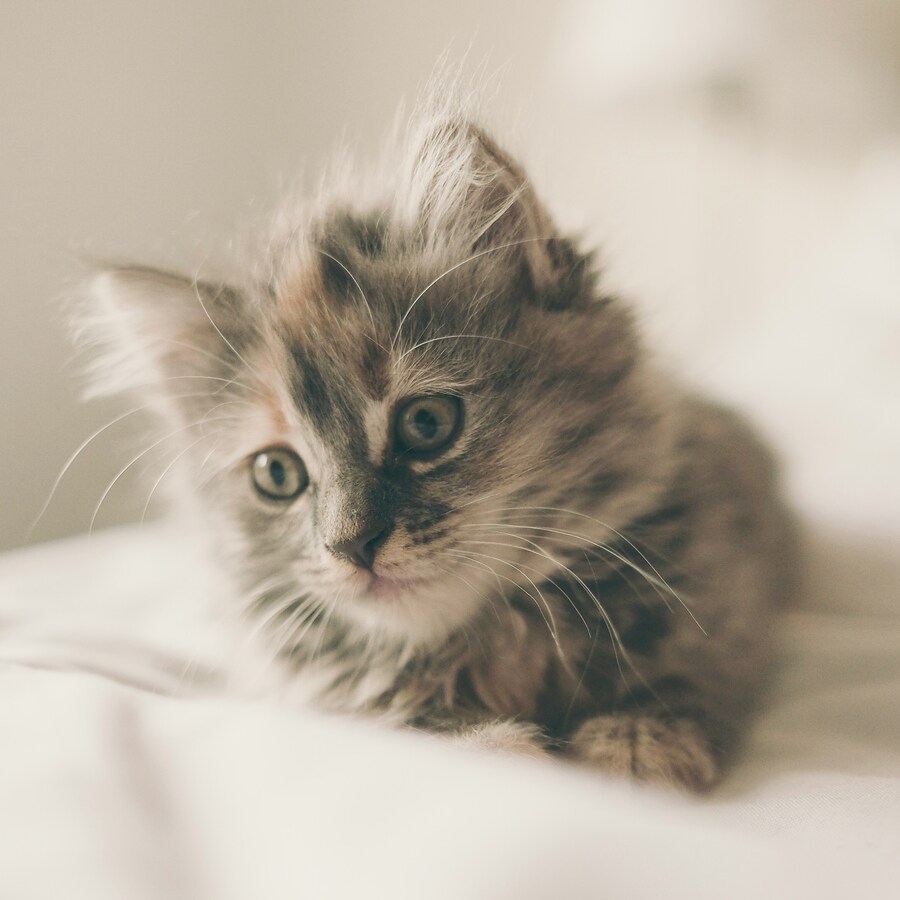Veterinary Services
Pet Vaccinations
Learn more about Pet Vaccination services we offer at All Seasons Veterinary Care below.

Pet Vaccinations
Here at ASVC, we provide essential Pet Vaccinations to protect your pet from common and serious diseases. Our team follows vaccination guidelines to ensure your pet receives the appropriate vaccines based on their age, lifestyle, and health status. By staying up to date with vaccinations, you help safeguard your pet’s health and contribute to a safer community for all pets.

What vaccines should I get for my pet?
What vaccines are recommended to an individual pet depend on many factors: what kind of exposure to disease the animal has, what diseases are common in the area, what kind of stress factors are present, etc. When you consider the multitudes of vaccine types & combinations & the many different situations dogs & cats live in, it is not too surprising to find that almost every veterinarian recommends a different group of vaccines. Both the American Association of Feline Practitioners & the American Animal Hospital Association have published guidelines for vaccinations. Vaccinations are divided into “core” vaccines that every pet should have, & “non-core” vaccines that a pet should have depending on exposure risk.
For cats, core vaccines are the basic distemper shot: feline distemper (panleukopenia), feline herpes, & feline calicivirus. Rabies vaccination is core except in Hawaii where rabies has been eradicated. Many people are surprised that rabies is often considered a core vaccine & is considered important even for indoor-only cats, but when one considers the consequences of rabies exposure (which can certainly happen indoors) & the legal consequences of owning a biting animal (what happens to the animal generally is dependent on its vaccine status), it is not hard to see why this vaccine is important. The feline advisory board does not consider feline leukemia virus vaccination to be core, but they strongly encourage every kitten to be vaccinated against this infection with a re-assessment of risk factors when the kitten is grown. This is because young kittens frequently live indoors only, but this often changes when the kitten matures regardless of the original intentions of the owner.
For dogs, core vaccines are the basic distemper shot (DHPP) & the rabies vaccine. Since dogs go outside for walks, for grooming, to the vet’s office, etc., we recommend vaccinating against kennel cough for all our canine patients though these are not listed as “core” by the aforementioned organizations. Recently, canine influenza has become a concern in the United States. Dogs that rarely contact other dogs probably do not need vaccination for this, but dogs that go to day care, grooming, or boarding facilities should be vaccinated.
Why do vaccinated pets still get sick?
There are several reasons why a pet might get sick from a disease it is vaccinated against. Not every pet is able to respond to vaccinations due to inherent individual immunological issues. Some vaccines are not intended to prevent infection but are intended to blunt the symptoms of the disease should infection occur, as with the feline upper respiratory infections.
In most cases, the pet got sick because of incomplete vaccination. This situation generally involves a puppy that did not finish its puppy series of shots or got exposed to infection before the shot series could be completed. True vaccination breaks are extremely rare, but if you think your pet may have experienced one, your veterinarian will need to issue a report to the manufacturer.
Why is a feline leukemia test required prior to vaccination?
The feline leukemia virus has potential to be latent in a carrier cat without any signs of illness & this carrier state can persist for years. During this time, the cat is contagious & at risk for numerous problems. Many people want to skip the test to save money but, in fact, it is of great importance to know if a cat is harboring this infection. Knowing that a cat is positive allows you to save money by not unnecessarily vaccinating for feline leukemia. Further, if an owner is aware of a cat’s positive status, the pet can be kept away from other cats, thus preventing the spread of the disease. An owner can prepare financially for the expected treatments needed for this cat. Testing is important when a new pet cat is obtained.
